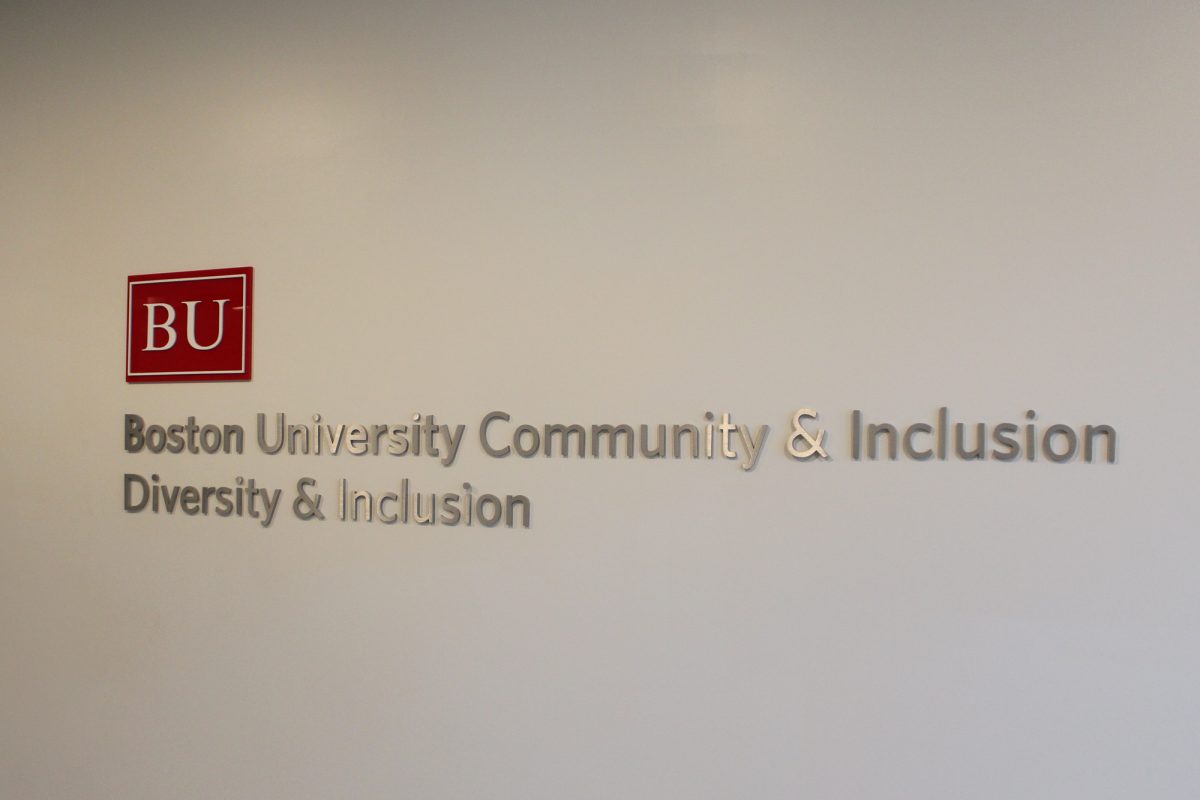The Massachusetts Board of Higher Education approved a long-anticipated plan on Tuesday to merge the Southern New England School of Law with the University of Massachusetts-Dartmouth, thereby creating the state’s first public law school. The school is set to open in September.
The University of Massachusetts School of law, expected to open in September, will offer affordable education option to law students without burdening taxpayers, officials said.
“UMass feels it’s important for citizens of the commonwealth to have an affordable education,” said spokesman Robert Connolly.
“Massachusetts was one of six states in the nation that didn’t have that option, so it’s a unique opportunity to finally make this happen,” he said.
According to the Pioneer Institute, a Boston-based public policy research organization, the law school could cost Massachusetts taxpayers over $50 million within the next five years. But Connolly disagreed with this allegation, saying UMass has adopted a “bed-rock position that will not use state funds.”
“One thing made clear throughout this process is that there’s no intention to use tax funds,” he said. “There will be an annual operating budget of $4 million, which will grow over time. The school can be self-sustaining. The new school will not be a burden of any sort to taxpayers.”
The project has undergone an immeasurable amount of scrutiny since it was first proposed five years ago, Connolly said.
“We have a plan that has been reviewed by many people and data included that shows that the proposal has academic merit and is not going to require state funding,” he said.
Connolly further dismissed taxation fears by explaining that the current policy on state funding for schools places the new law school in an essentially safe zone.
“One thing people don’t recognize is that today, state funding provides 15.5 percent of funding for schools,” he said.
Tuition is projected to be $23,565 per year, and the cost may be alleviated through scholarships and financial aid, Connolly said.
“We’re hoping to create students who choose to concentrate in public service, so those who choose to do so will be especially eligible for aid,” he said.
Former Massachusetts Attorney General Tom Reilly has raised concerns that the new law school is unconstitutional. Under the Massachusetts constitution, state college and university tuition must be handed over to the state, and Reilly has said that UMass intends to thwart the system by labeling nearly 90% of what students will pay as “fees” it will then be able to keep for itself.
Connolly said fees are essential parts of universities’ funding.
“Ultimately, in the concerns he’s raising he’s talking about the use of fees to finance the law school. All five UMass campuses currently use these to keep academic programs running,” Connolly said. “Not using them would cripple the education we offer.”
Some students said that the opening of a public law school could potentially threaten the Boston University School of Law’s enrollment.
“As long as the education is the same, the creation of a new law school could pose a threat to BU’s law school,” said College of Arts and Sciences senior Mary Page. “But it will be good because it will create competition, which could result in lowering BU’s tuition.”
Other students said they did not see a public law school as being a threat to BU.
“The target markets are totally different,” said School of Management sophomore Militza Zikatanova. “The new law school is a good thing for students who can’t afford BU, but it doesn’t affect BU’s law school at all.”
CAS junior Mallory Breon said the newly established public law school would have a hard time competing with BU.
“It don’t think it will affect BU’s enrollment,” she said. “It won’t have the same prestige, maybe in years to come, but not right now.”
















































































































